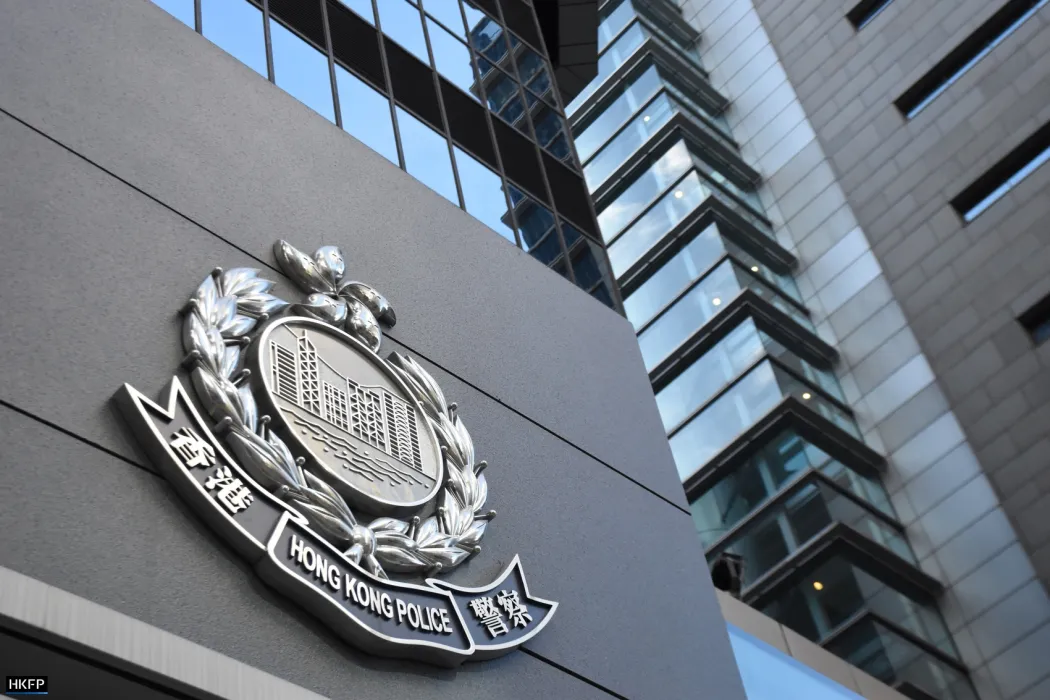Hong Kong’s national security police have charged a woman for allegedly perverting the course of justice, more than six months after she was arrested.

In a statement released on Monday evening, the National Security Department of the police said a 63-year-old woman had been formally charged on Sunday with one count of perverting the course of public justice.
The case will be heard at the West Kowloon Magistrates’ Courts on Thursday, police said.
According to the police, the woman charged was apprehended on Hong Kong Island on March 11 on suspicion of conspiring to pervert the course of public justice.
Local media reported on the day that 63-year-old Marilyn Tang, sister-in-law of veteran activist Lee Cheuk-yan, had been arrested under the Beijing-imposed national security law along with lawyer Frederick Ho, the brother of former lawmaker Albert Ho.
Their arrests – both were later released on bail – came shortly after Marilyn Tang’s sister and Lee’s wife Elizabeth Tang was arrested by national security police after visiting her detained husband. Elizabeth Tang was accused of colluding with foreign forces but has not been formally charged.

Both Lee and Albert Ho are former leaders of the Hong Kong Alliance in Support of Patriotic Democratic Movements of China, which organised annual vigils commemorating the 1989 Tiananmen crackdown for three decades before it disbanded in September 2021.
The pair, together with ex-alliance leader and barrister Chow Hang-tung and the alliance, are facing trial under the sweeping security legislation for allegedly inciting subversion.
In June 2020, Beijing inserted national security legislation directly into Hong Kong’s mini-constitution – bypassing the local legislature – following a year of pro-democracy protests and unrest. It criminalised subversion, secession, collusion with foreign forces and terrorist acts, which were broadly defined to include disruption to transport and other infrastructure. The move gave police sweeping new powers, alarming democrats, civil society groups and trade partners, as such laws have been used broadly to silence and punish dissidents in China. However, the authorities say it has restored stability and peace to the city.
Support HKFP | Policies & Ethics | Error/typo? | Contact Us | Newsletter | Transparency & Annual Report | Apps
Help safeguard press freedom & keep HKFP free for all readers by supporting our team
























